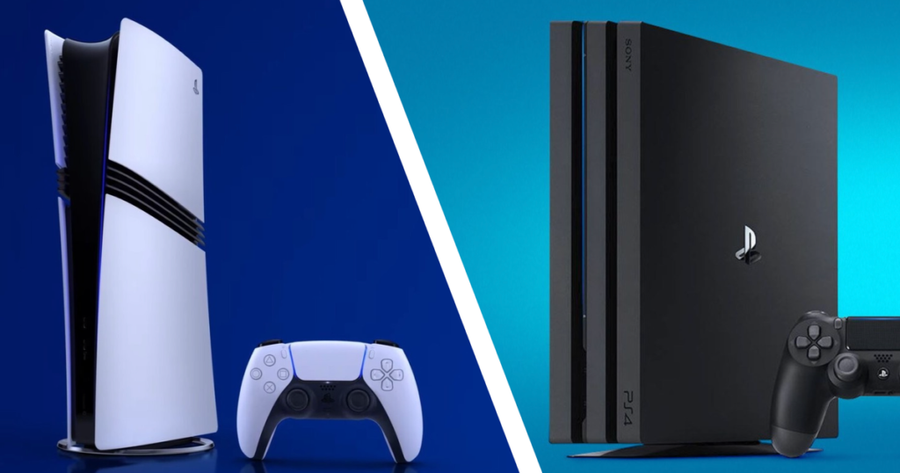Overview of PS5 Pro Sales in the U.S.
The PlayStation 5 Pro (PS5 Pro) has been experiencing sales that are not quite up to pace compared to its predecessor, the PS4 Pro. This has sparked discussions among gaming industry experts about the potential reasons behind the trend and its implications for Sony and the gaming community.
Sales Trends and Comparisons
Current Sales Performance
Recent findings from gaming analyst Mat Piscatella indicate that while the PS5 Pro had a positive initial reception, the overall hardware expenditures for January 2025 in the U.S. were notably lower than the previous year. Specifically, hardware spending fell by 45% when comparing January 2025 figures to those from the same month in 2024. This decline in sales is not isolated to the PS5 Pro; all major console platforms have seen significant drops in hardware purchases:
- PS5: 38% decrease year-over-year
- Xbox Series: 50% decrease
- Nintendo Switch: 53% decrease
This decline in sales could be affecting not only the PS5 Pro but also the Xbox Series and Nintendo Switch, with some believing that the lower figures for the Switch could be related to rumors about the upcoming Nintendo Switch 2.
Cumulative Sales
As of a recent financial disclosure from Sony, the total sales for the standard PS5 console have reached approximately 75 million units. This figure is just shy of the sales numbers reported for the PS4 at a similar stage in its lifecycle. However, due to Sony’s decision to combine sales figures for the PS5 and PS5 Pro, it remains unclear how the Pro variant is performing individually.
Impact of Pricing and Market Conditions
Consumer Reactions to Pricing
Despite mixed opinions regarding the pricing of the PS5 Pro, which many consider being on the higher side, Sony asserts that the cost has not negatively influenced sales. They maintain that consumers remain interested in the console despite concerns about affordability. However, without separate sales data, it’s difficult to gauge if the high price is deterring more casual gamers who may have otherwise upgraded their systems in the middle of a console generation.
Competitive Landscape
Sales Rankings
Interestingly, the PlayStation 5 continues to dominate as the best-selling hardware platform in terms of both unit sales and revenue generated. Following the PS5, the Xbox Series holds the second position concerning hardware spending, while the Nintendo Switch outsold the Xbox Series in terms of unit sales.
This highlights the competitive nature of the current gaming market, emphasizing the strong performance of the PS5 in spite of declining sales relative to prior months.
Future Outlook
Expectations for Sales Recovery
The decline in sales raises questions about the ability of the PS5 Pro—and consoles in general—to bounce back in the coming months. Many industry observers are keeping a close eye on sales data from markets outside the U.S., including the UK and Europe. As of now, there is no published comparative sales data for these regions, leaving a gap in understanding global trends.
Conclusion
In conclusion, while the PS5 Pro has seen a promising start, current sales trends indicate a worrying decline across the board for major gaming consoles. Though the PS5 still leads the market, the challenges in maintaining strong sales figures may necessitate strategic adjustments from Sony as they move forward. Analysts and gamers alike will be eager to see how these dynamics unfold, especially with new hardware on the horizon and changing consumer preferences.
Key Takeaways
- Sales Declines: Significant drops in hardware spending across major platforms.
- PS5 Performance: Continues to be the best-selling console despite challenges.
- Consumer Sentiment: High pricing may be affecting mid-generation upgrades.
- Future Monitoring: Industry will closely watch for future sales data and trends.
By understanding these factors, gamers and industry stakeholders can better anticipate the future of the gaming market and the positioning of PlayStation’s latest offerings.
